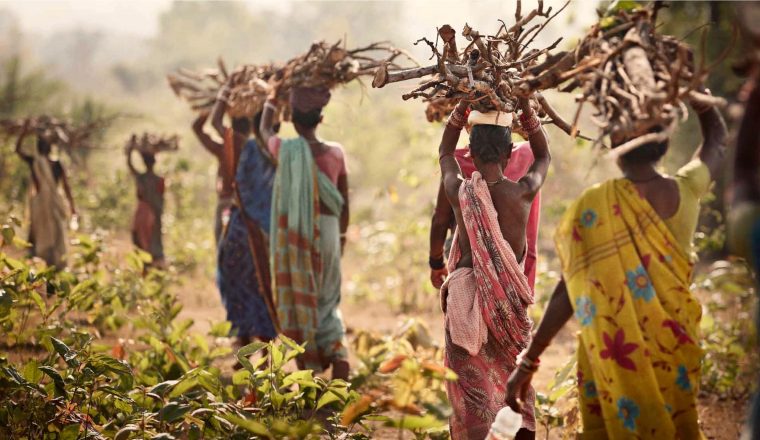New Delhi: The thrust of the Government on rural development is discernible from the emphasis it gets in the Economic Survey 2022-23 tabled in Parliament Tuesday.
The Survey noted that 65 per cent (2021 data) of the country’s population lives in the rural areas and 47 per cent of the population is dependent on agriculture for livelihood. Thus, the focus of the government on rural development is imperative. The Government’s emphasis has been on improving the quality of life in rural areas to ensure more equitable and inclusive development.
The aim of engagement of the government in the rural economy has been “transforming lives and livelihoods through proactive socio-economic inclusion, integration, and empowerment of rural India,” it said.
The Survey referred to the National Family Health Survey data for 2019-21 which illustrates a significant improvement vis-a-vis 2015-16 in an array of indicators concerning the quality of rural lives, including, inter alia, access to electricity, presence of improved drinking water sources, coverage under health insurance schemes, etc.
As per the Survey, women empowerment has also gained momentum, with visible progress in female participation in household decision-making, owning bank accounts, and use of mobile phones. Most of the indicators concerning the health of rural women and children have improved. These outcome-oriented statistics establish tangible medium-run progress in rural living standards, aided by the policy focus on basic amenities and efficient programme implementation.
The Economic Survey said that under Mahatma Gandhi National Rural Employment Guarantee Scheme (MGNREGS) a total of 5.6 crore households availed employment and a total of 225.8 crore person-days employment has been generated under the scheme (until January 6, 2023). The number of works done under MGNREGS has steadily increased over the years, with 85 lakh completed works in FY22 and 70.6 lakh completed works so far in FY23 (as of January 9, 2023).
It also talked about the transformative potential of Self Help Groups (SHGs), exemplified through their key role in the on-ground response to Covid-19, has served as the fulcrum of rural development through women empowerment. India has around 1.2 crore SHGs, 88 per cent being all-women SHGs.
The Economic Survey said that the SHG Bank Linkage Project (SHG-BLP), launched in 1992, has blossomed into the world’s largest microfinance project. The SHG-BLP covers 14.2 crore families through 119 lakh SHGs with savings deposits of Rs 47,240.5 crore and 67 lakh groups with collateral-free loans outstanding of Rs 1,51,051.3 crore, as of 31 March 2022. The number of SHGs credit linked has grown at a CAGR of 10.8 per cent during the last 10 years (FY13 to FY22). Notably, SHG’s bank repayment is more than 96 per cent, underscoring their credit discipline and reliability.
IANS
